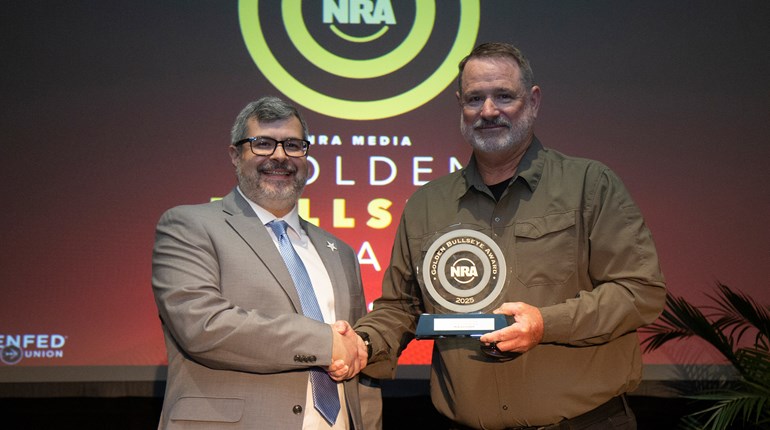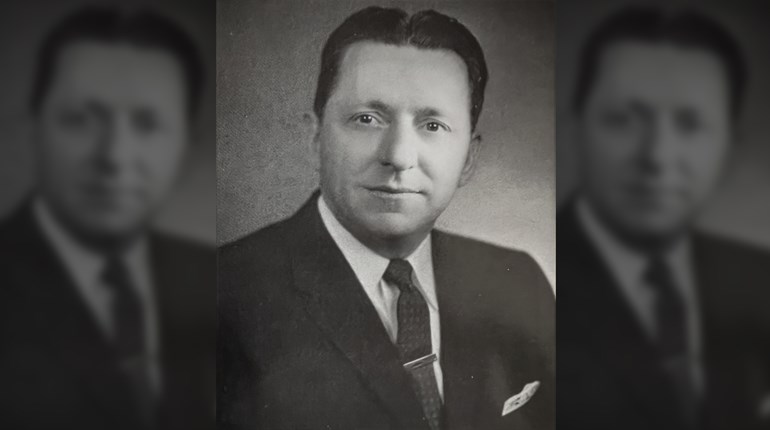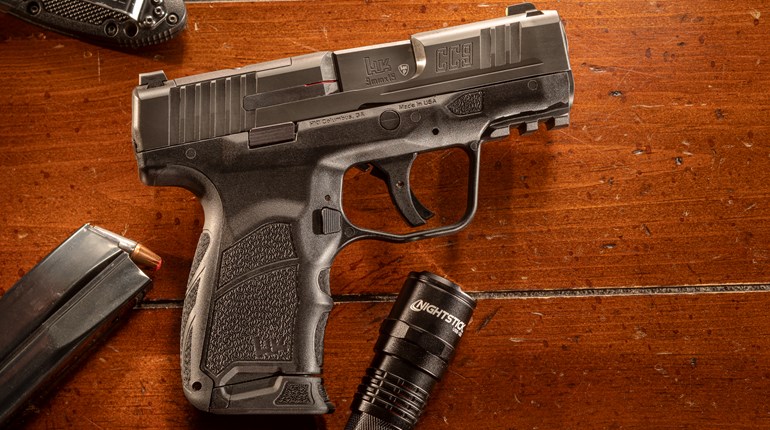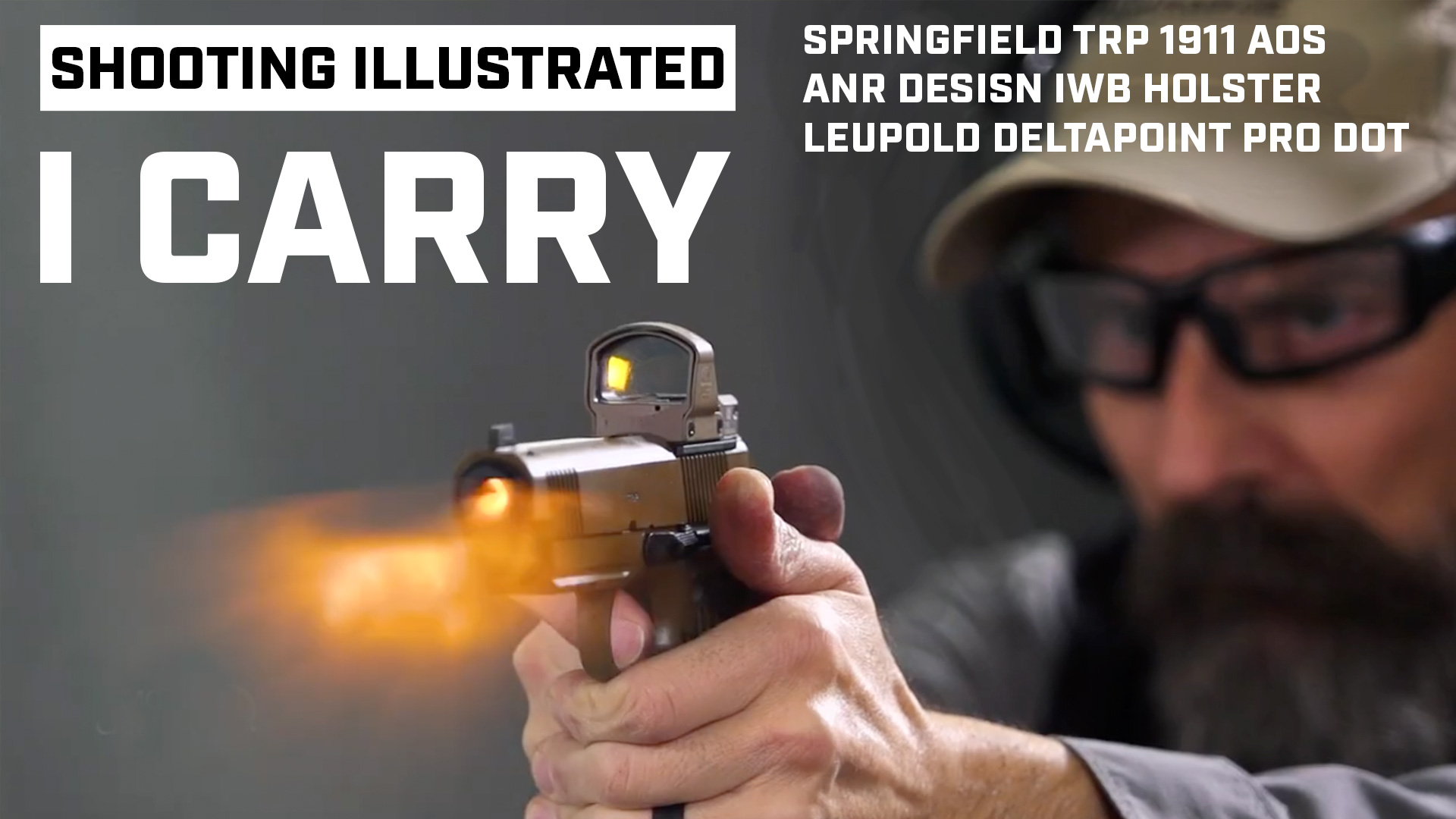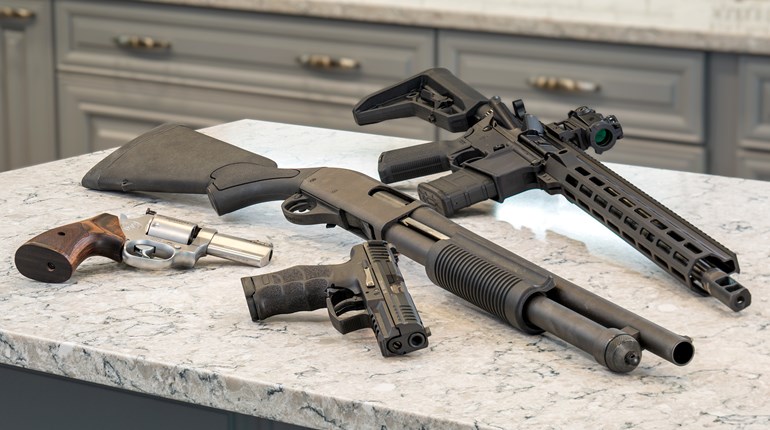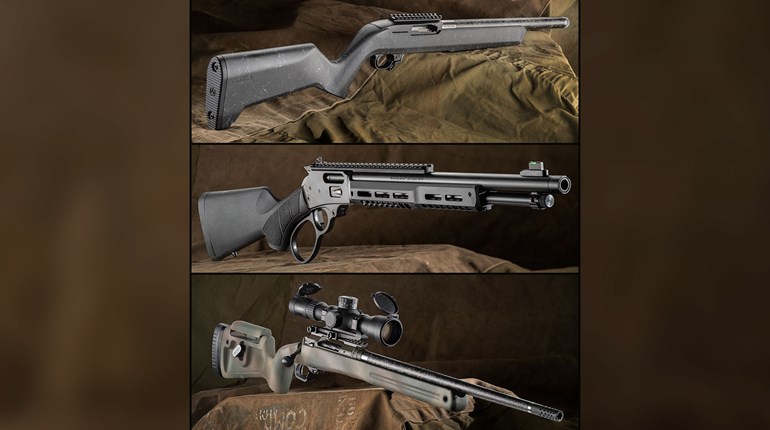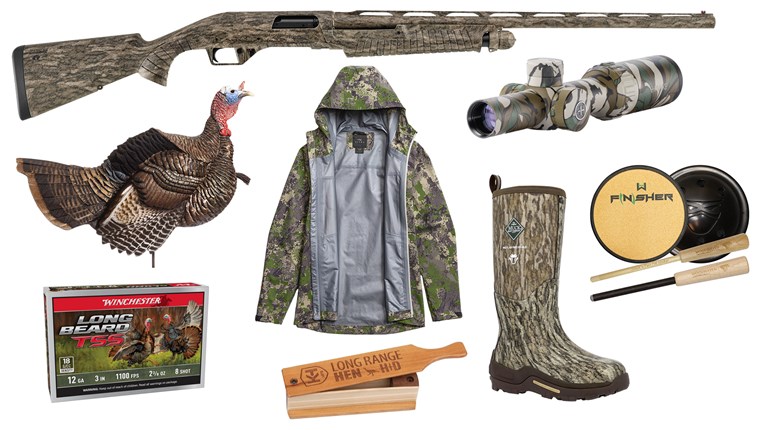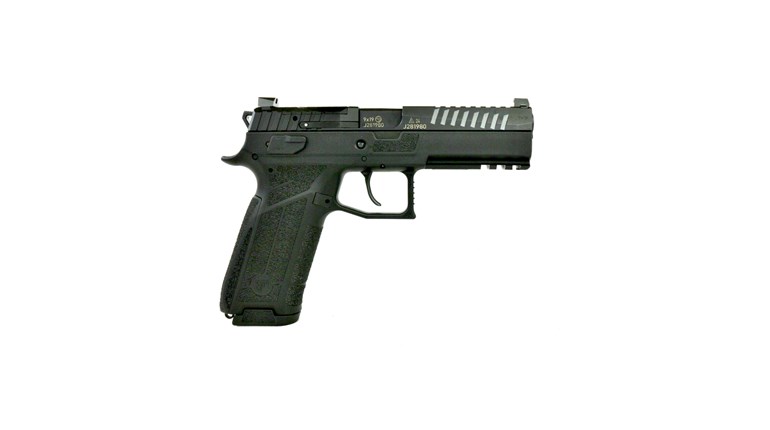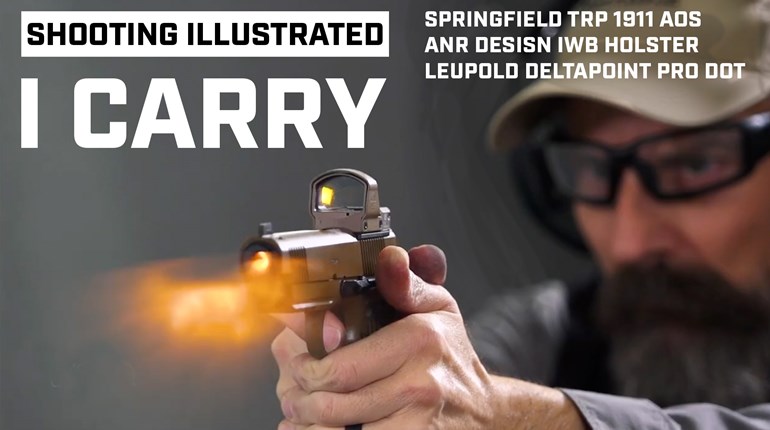
Long guns are once again squarely in the sights of activists who cherry-pick from the U.S. Constitution in order to support their agendas. Exhibit A is the current push to raise the minimum age of lawful rifle (and shotgun) ownership to 21. The only thing such a law would accomplish would be to deprive 18- to 20-year-old adults of any realistic ability to defend themselves. In nearly all cases, handguns are not an option for this demographic due to current laws. But, the criminal or terrorist who uses a gun, box truck, homemade bomb, knife, machete or anything else to attack innocent people has already chosen to disregard numerous laws. More regulations will not change their minds.
As a 17-year-old Soldier having just completed Army Basic Training and Infantry School, I was in the odd position of being unable to legally own a firearm for self-protection. As far as Uncle Sam was concerned, I could hammer away at the enemy with a crew-served machine gun but thanks to the Gun Control Act of 1968 (GCA), hunting squirrels with my own .22 LR rifle was out of the question. Fortunately my paradox was short-lived, as I soon celebrated my 18th birthday during Basic Airborne training. Under the age limits some are currently advocating, young parents, off-campus college students and hard-working 18- to 20-year olds everywhere would be left to defend themselves against armed intruders with nothing more than cell phones and pepper spray.
Next up on the anti-gun Rolodex is the claim that rifles which bear any similarity to military arms are unsuitable for civilian use. Even some formerly high-ranking military officers have joined in on this chorus, revealing how frighteningly little they actually know about the small arms they once carried. This tarnished argument is no more valid than it was when the GCA introduced “sporting purposes” language 50 years ago, but the context has changed dramatically since then. The Dec. 1968 issue of The American Rifleman magazine went to lengths to explain the newly implemented GCA’s effects on citizens, retailers and arms makers. One article matter-of-factly lists heavy weapons that were suddenly regulated under the National Firearms Act (NFA) of 1934. While machine guns, short-barreled rifles/shotguns and silencers were already heavily restricted, many other surplus military arms were not. That meant anti-tank rifles, rocket launchers, grenades and mortars were still legal to be possessed by everyday citizens in 1968.
Surely those weapons were taken out of circulation because of all the times they were used to wreak havoc on malls, churches and town squares, right? Actually, there was no such problem. The GCA was sold to the public as a response to the civil unrest and high-profile political assassinations of the 1960s, but in reality it was just another step in the steady march toward a disarmed citizenry. The next time someone pontificates to you about the unsuitability of “military-style” firearms for civilian ownership, you might point out that the AK was developed in the 1940s and the AR in the 1950s, each incorporating semi-automatic technology of the late 1800s and early 1900s.
In fact, modern, semi-automatic rifles are well-suited for every lawful use, sporting or otherwise. They are relied on for hunting predators, varmints and big game. They are used in 3-gun, Precision Rifle Series and High Power Rifle competitions. Recreational target shooters and plinkers enjoy them, and citizens of all stripes rely on these rifles to protect themselves and their families at home.

The motivation to choose these rifles is the same one that places pickup trucks, SUVs and crossover vehicles in so many driveways: They do many things very well. If budget, space or simplicity forces one to choose between multiple specialty tools to cover a wide range of needs, or one adaptable tool that covers the bases for a fraction of the cost, most people tend to err toward the jack-of-all-trades. So it is with gun owners who opt for a “sport utility rifle” as their implement of choice.
When West Virginia University’s own Virginia (Ginny) Thrasher earned a gold medal in the 2016 Summer Olympics’ 10-meter Air Rifle competition, newscasters were visibly pained to even mention it. But, they could not ignore the event because Thrasher’s was the first U.S. gold of those games. This young engineering major also holds 20 records between USA Shooting and NRA competitive shooting sports, in air rifle and rimfire disciplines. Thrasher should be spotlighted as a positive role model for young athletes instead of being ignored because her chosen sport includes safe, responsible firearm use.
Also shamefully absent from the evening news is that we celebrated our first-ever Olympic gold medals in both men’s and women’s Biathlon events during the recent Paralympic games in Pyeongchang, South Korea. Biathletes Dan Cnossen—a U.S. Navy SEAL veteran and double amputee—and Ms. Kendall Gretsch should be celebrated as examples of what hard work, perseverance and strong character look like. Instead, we get gun control advice from sportscasters who are protected by armed security personnel.
Learning how to safely and effectively use a rifle has both life-enhancing and life-sustaining benefits. The discipline these skills require can be applied to many other tasks needed to succeed in life. The safeguards that come with this knowledge can help protect life and liberty when others seek to take them away. In a perfect world, the people who choose not to exercise their Second Amendment rights would still appreciate the many benefits that lawful gun ownership brings to a free nation. In lieu of that acknowledgment, they should at least stop telling those of us who exercise this inalienable right how to do it.













